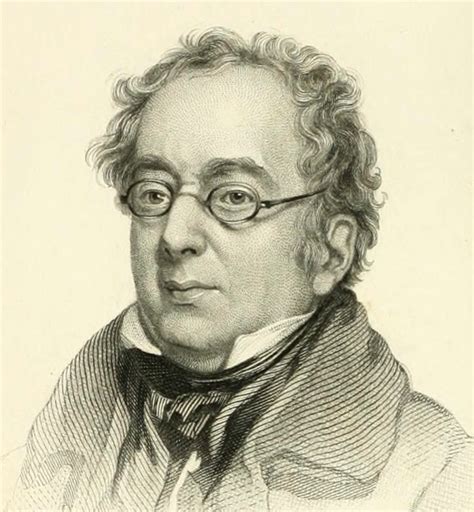A Quote by Jim Ross
When one chooses a life as a public personality they give up certain levels of privacy but in one's home and intimate moments everyone should be protected.
Related Quotes
Writers and filmakers, that is, people who describe the world, suffer from an occupational disease. They never experience moments in life quite spontaneously. You always look at yourself from the outside. Even as a child I always observed myself and the world. I believe that everyone who chooses this path in any way, who chooses to be a describer of life, suffers from this condition. It's like a mental obsession. It can be a great pity too. It robs you of a certain joy in spontaneity.
I don't think he would have had any trouble answering Justice Sonia Sotomayor's excellent challenge in a case involving GPS surveillance. She said we need an alternative to this whole way of thinking about the privacy now which says that when you give data to a third party, you have no expectations of privacy. And [Louis] Brandeis would have said nonsense, of course you have expectations of privacy because it's intellectual privacy that has to be protected. That's my attempt to channel him on some of those privacy questions.



































